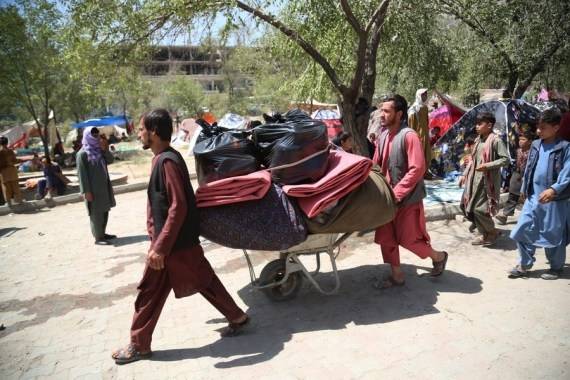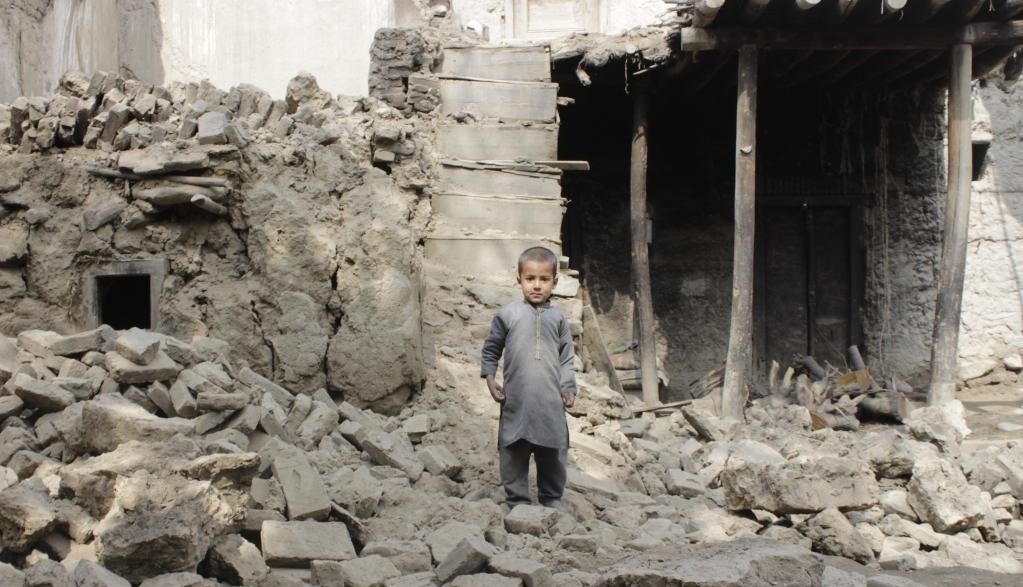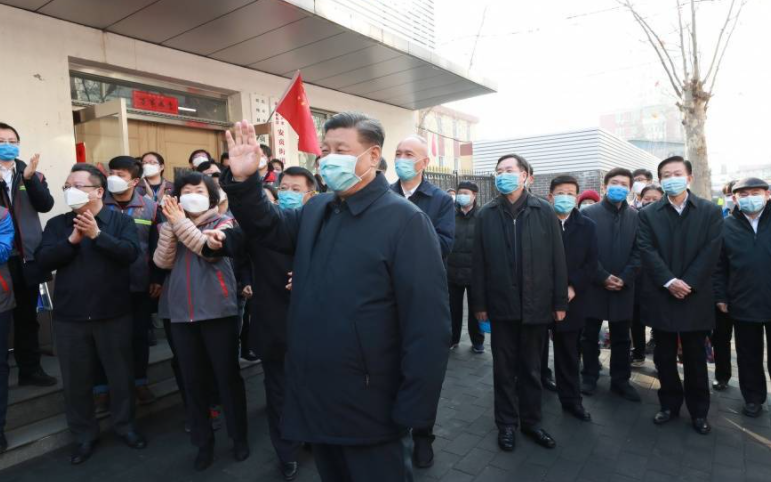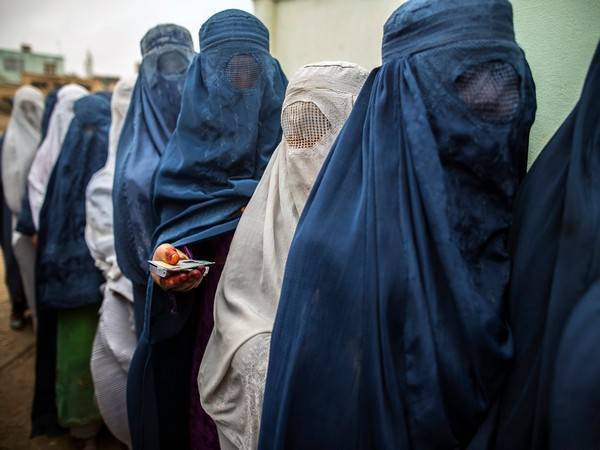Egeland recently visited the NRC offices in Afghanistan and claimed that the lack of female employees in Afghanistan had crippled the work of his nation’s aid organisation…reports Asian Lite News
After the Taliban issued a decree banning Afghan women from working in NGOs, several international humanitarian organizations have claimed that their regular operations are disabled in the country due to harsh impositions on women, Khaama Press reported.
The de-facto authorities issued the ban on Afghan women on December 24. The decision came after they had already suspended university education for women and secondary schooling for girls until further notice. Jan Egeland, the Secretary General of the Norwegian Refugee Council (NRC), earlier today tweeted that the NRC’s female staff are essential to the organization’s ability to continue operating in Afghanistan.
“Our offices are nearly empty and all operations are paralysed across Afghanistan. Without both female and male staff we can’t resume our vital relief. We can’t reach women and children without female staff. NRC respect all traditional Afghan values for dress, travel and workplace,” Egeland said in a tweet.
Egeland recently visited the NRC offices in Afghanistan and claimed that the lack of female employees in Afghanistan had crippled the work of his nation’s aid organisation.
The NRC stated that numerous common people’s lives are currently in danger throughout the nation, according to Khaama Press.
“I am back in Afghanistan as we were forced to stop all aid to people in need on 24 Dec. due to the Taliban ban on female NGO workers. NRC’s 469 female colleagues are essential for our aid to 700.000 Afghans. We must be allowed to resume work with all staff, or lives will be lost,” Jan Egeland tweeted.
He further wrote,”I tell the responsible ministers in Afghanistan that NRC is ready to restart our aid operations tomorrow. But we can only do so when we gain unimpeded access for both our female and male staff members to reach all the affected populations in need.”
The ban on higher education for women in Afghanistan has reportedly drawn widespread reactions from all across the globe and criticism for the Taliban’s hardline policies in the country.
After the Taliban seized power, young girls and women in Afghanistan had to suffer the most and they continue to do so after seizing power and tightening their grip across Afghan society, the Taliban issued rules requiring women to fully cover their heads if they ride in a public taxi and to be accompanied by a male relative if they travel more than 45 miles. (ANI)














